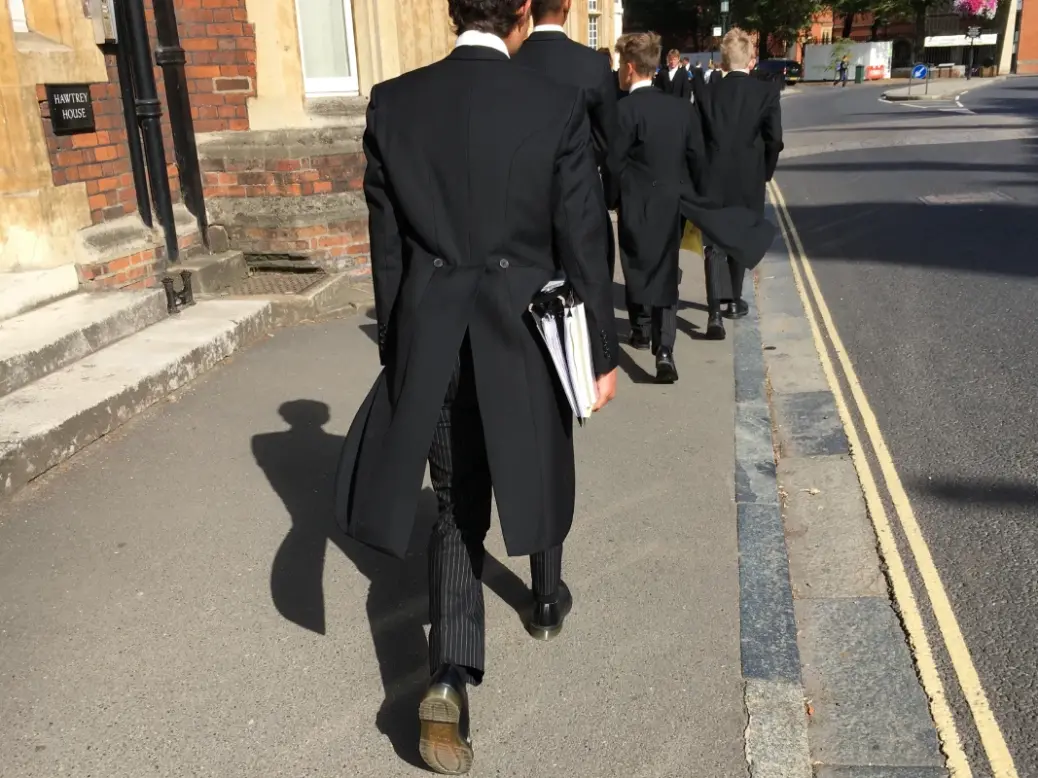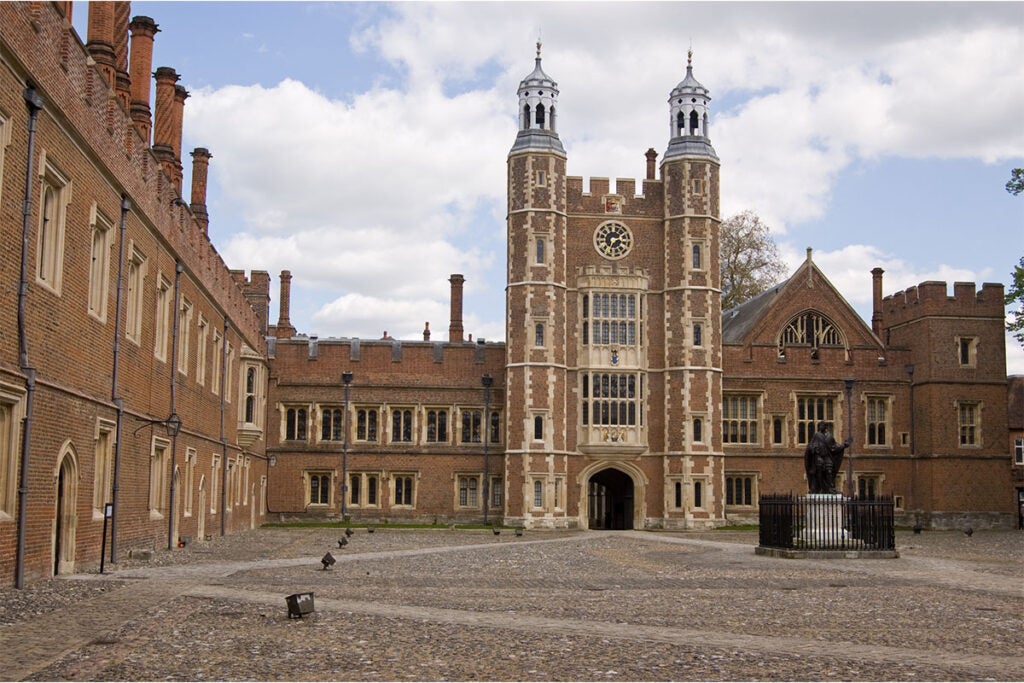
VAT will be charged on private school fees from January, the UK government has confirmed.
Rachel Reeves indicated in the Budget on 30 October that VAT on private school fees will be introduced in January 2025.
Earlier this year, Treasury minister James Murray said the government will apply 20 per cent VAT to private schools in the UK from 2025 and clarified it will also apply to ‘pre-payments of fees’ for terms starting next year. The party plans to use the money raised to fund places for 6,500 new teachers in state schools.
[See also: Can an educational trust help families pay off higher private school fees?]
Private schools have expressed concern that removing the VAT exemption may lead to a significant number of students moving to the state school system due to potential fee increases. A recent report by the Independent Schools Council, which represents almost 1,400 private schools, showed the number of children joining private schools has fallen by 2.7 per cent.
The headteachers' union has warned that some private schools may face closure as they struggle with the balance of absorbing the additional costs and raising prices for parents.
Advisers from the Spear's network warned it could lead to some internationally-mobile HNWs choosing to leave the UK, particularly when viewed in combination with the changes to the non-dom regime.
Will VAT on school fees be enough to deter HNWs?

Rosamond McDowell, Spear's Top Recommended tax lawyer and Partner Payne Hicks Beach told Spear's: 'For the wealthiest, of course, the tax change may make little difference. Educational services are a mainstay of the UK export market and will remain so. Indeed, many of our private schools already rely very heavily on the international student market.
'Beyond this, however, whilst some parents, particularly those with children in their final years of school, will be tightening the proverbial belt and gritting their teeth at the prospect of a 20 per cent increase in their school fees bill, many others will be thinking hard as to whether the extra cost is affordable.'
Sarah Jane Boon, Partner in the family law team at Charles Russell Speechlys says: 'To some extent it will fall to the schools to decide how much of the VAT imposed will be passed on to the parents paying fees, which means some have held off making what may become necessary decisions about a move to a state school. However, delaying the decision could create more issues as it is more difficult to find a state school place in the middle of a school year, and even more so if there are significantly increased numbers of places being sought at the same time.'
[See also: The 25 best UK senior schools in 2024]
McDowell added the decision will have wider implications on the wealthiest choosing to call the UK home.
She continued: 'Our prediction is that our already oversubscribed and underfunded state school system may find itself trying to cope with more and more applicants, particularly at the top level. In combination with the changes to the non-dom rules, we will almost certainly also find non-dom families choosing to leave the UK and its independent schools behind altogether.'
However Nick Mendoza, partner in Private Client at Wedlake Bell, is among those who notes that the increased fees will still be competitive when viewed within the context of the global education market.
[See also: Introducing the Spear’s Schools Index 2024]
He explained: 'The internationally renowned quality of its schools has always played a part in attracting internationally mobile individuals to the UK and for some parents this increase in price is unlikely to deter them from seeking private education in the UK for their children.
'Some though may consider options in jurisdictions where school fees can be lower (Dubai is often one example) but given that fee levels for the most elite UK schools are broadly in line with comparable schools in the US, and significantly less than the most exclusive Swiss schools, many parents may decide to simply adapt to the change.'

The second question that remains is how the increase in fees will impact schools and the quality of the education offered. Several leading figures in the field have noted that, while bigger, wealthier schools might be able to absolve some of the costs, other institutions might be forced to pass on the additional costs to families, make difficult cuts – or close completely.
[See also: British boarding schools have a low-tech solution for a very modern problem]
Sir Anthony Seldon, head of Epsom College and former head of Wellington and Brighton College previously told Spear’s: ‘It would be quite wrong to think all independent schools can cope with VAT the way the likes of Eton and Harrow might be able to do so. This will damage schools outside the South East, prep schools, niche schools and many other schools which don’t operate on significant margins.’
Mendoza agreed: 'The extent to which the cost increase will be passed onto parents may depend on the financial health of the school. The impact of the policy will undoubtedly become clearer over the next few weeks as parents make final decisions ahead of the new school year in September. However, it would not be a surprise if some schools are forced to close as a result of this measure due to parents pulling their children out of private education.'
Confirmation of the date of the new policy does at least allows families to begin planning should they need to free up funds to meet additional expenditure. Now is the time for parents to consider taking proactive action.
Labour's VAT announcement makes clear that advance payment of fees, which some hoped would be a way to lessen the blow of the costs, will also be taxed. What other options are available?
Mendoza added: 'Some parents may look to grandparents to help ease the cost. In turn, grandparents may use the opportunity to help fund school fees as part of an overall long term tax efficient succession plan. Parents may also want to consider education trusts, which can be used to provide funds for school fees and take advantage of specific inheritance tax exemptions.'
Are you a private client adviser who would like to share your thoughts on this topic? Please email stephanie.bridger-linning@spearswms.com






